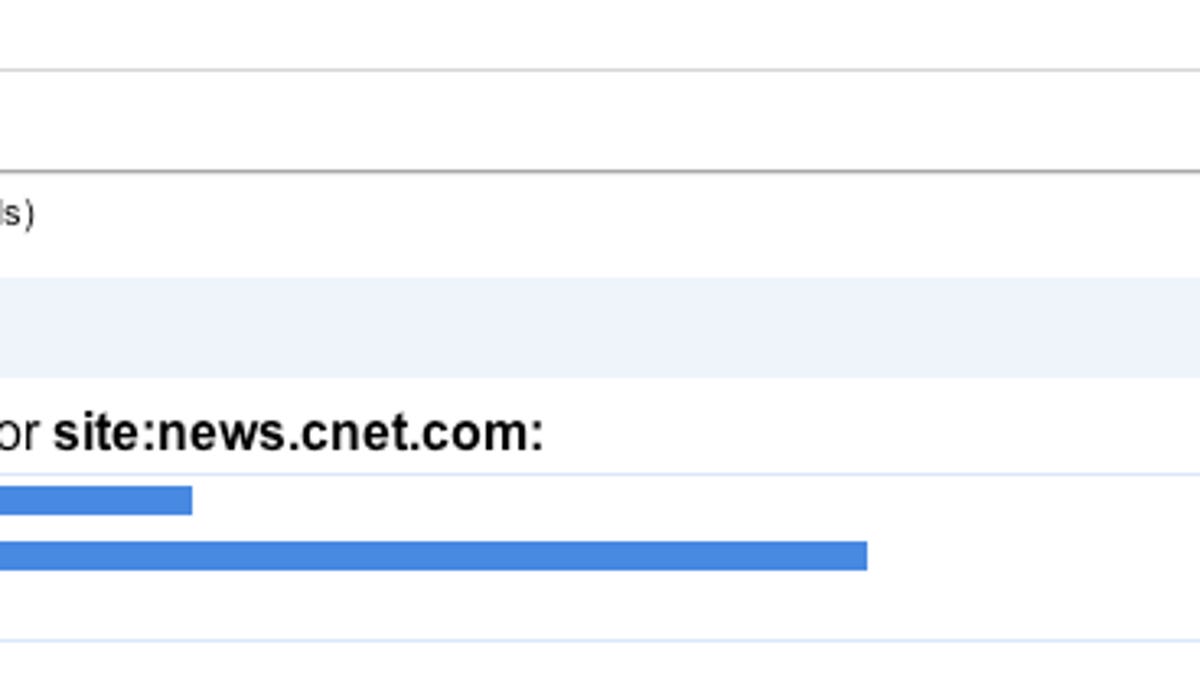Words too hard? Try Google's new search filter
Researchers and grade school teachers might like Google's new search filter, but hopefully one that lets you only search for "basic" results won't be too popular.

Google quietly added an advanced search feature over the last couple of days that sorts the Internet by reading level.
Search Engine Roundtable noticed that when you click on the "advanced search" link next to a Google search box on the right, you're now presented with an additional option to sort by "reading level," which lets you "annotate results with reading levels," "show only basic results," "show only intermediate results," and "show only advanced results."
A Google representative said in a statement that the company added this "as yet another way for people to pare down their results to the kinds of pages they're most interested in." The company cited teachers looking for materials for grade-schoolers, or researchers looking for detailed materials as those who might want to employ this feature.
An interesting side effect, however, is that the tool allows searchers to compare the average reading levels of the content produced by Web sites by selecting "annotate results with reading levels" and typing the site's domain into another field.
Google said it developed the categorization system with the help of teachers who were paid to sort Web pages into one of the three buckets, after which it built a statistical model to expand those rankings to the Web at large. Google didn't provide further details on what type of criteria the teachers used to decide when a page was "basic" or "intermediate."
For example, 74 percent of the content on CNET News is considered "intermediate," whereas 72 percent of the content on TMZ is considered "basic" and 72 percent of the content on the National Nanotechnology Institute's site is considered "advanced."
Literary snobs, consider this an early Christmas present from Google. And if anyone knows a teacher who participated in this study, please have them get in touch.